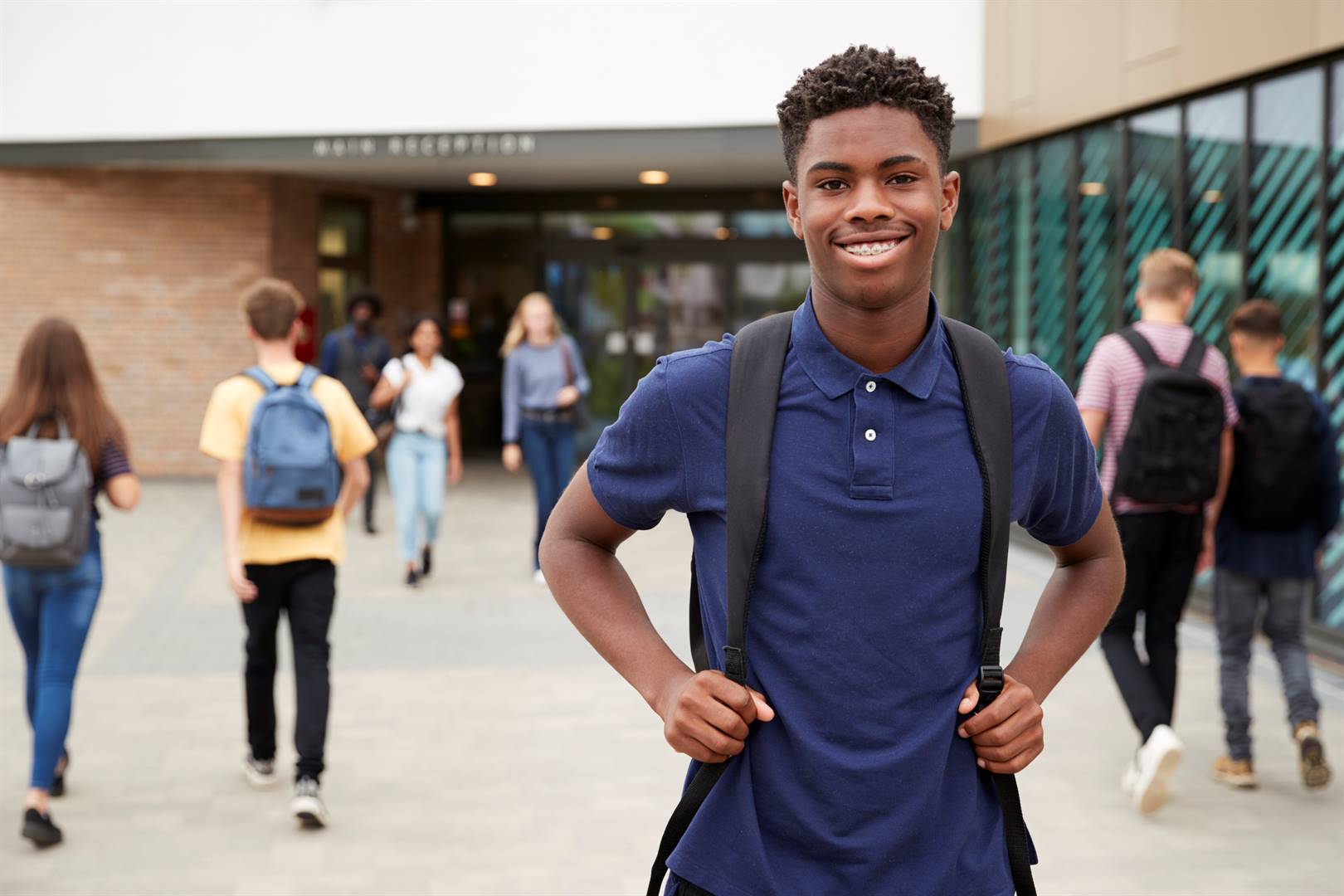Remedial Schools in Johannesburg: Improving Academic Success With Customized Education And Learning
Identifying Just How Therapeutic Schools Offer as Essential Resources for Pupils Needing Added Help to Accomplish Their Academic Objectives
Therapeutic colleges play a vital function in the instructional landscape by offering targeted assistance for trainees that require additional aid to meet their scholastic purposes. By attending to details academic gaps, remedial institutions not only purpose to improve scholastic performance but additionally to bring back student confidence.
Recognizing Remedial Schools
Recognizing restorative colleges is essential for acknowledging their role in attending to educational variations. These organizations function as vital instructional sources for students that battle to meet conventional academic benchmarks. Therapeutic colleges focus on supplying targeted support to individuals who may have fallen behind as a result of numerous factors, consisting of finding out disabilities, socioeconomic difficulties, or irregular education experiences.

Furthermore, remedial colleges often utilize specialized instructors educated to attend to varied discovering demands, making sure that educational approaches are tailored per trainee's special obstacles. This concentrated method not just assists trainees capture up academically yet likewise promotes a feeling of belonging and motivation.
Tailored Learning Approaches
Tailored learning strategies are crucial in therapeutic education, as they attend to the distinct demands of trainees that call for extra support. Unlike conventional instructional setups that usually utilize a one-size-fits-all approach, restorative colleges prioritize individualized direction. This customization enables educators to concentrate on particular locations where trainees battle, promoting an extra reliable knowing experience.
These methods utilize various strategies, consisting of distinguished instruction, which adjusts material and teaching strategies to satisfy individual learning designs and speeds. Aesthetic learners might benefit from graphic coordinators, while acoustic learners might involve much more effectively via discussions and verbal descriptions. Additionally, tiny class sizes in therapeutic settings cultivate a more personalized environment, enabling purposeful interactions in between instructors and trainees.
Moreover, customized learning methods often include ongoing evaluations to keep track of trainee progression and change approaches appropriately. This versatility ensures that the academic treatments remain reliable and relevant, promoting a much deeper understanding of the material. By reacting and recognizing to each trainee's unique difficulties, restorative colleges create a helpful ambience that encourages students, inevitably directing them toward achieving their academic goals.
Advantages of Specialized Guideline
Specialized instruction in remedial colleges offers considerable advantages that improve the educational experience for pupils facing academic challenges. One of the primary benefits is the personalized interest supplied by experienced instructors that recognize the varied learning needs of each trainee. This customized technique cultivates an encouraging environment where trainees can advance at their own speed, enabling them to build confidence and mastery in topics that might have formerly been obstacles.
Additionally, specialized instruction frequently integrates flexible mentor techniques and resources that satisfy different finding out designs. By using interactive products and multi-sensory techniques, educators can involve trainees much more effectively, advertising much deeper understanding and retention of understanding. This method not just addresses academic voids yet likewise improves critical thinking and analytic abilities.
Additionally, remedial schools generally develop a risk-free area for students to reveal their struggles without anxiety of judgment. This psychological support is crucial, as it motivates durability and a positive mindset towards learning. On the whole, specialized guideline in therapeutic settings equips pupils with vital skills and methods, empowering them to attain their academic goals and promoting a long-lasting love for discovering.
Bridging Educational Voids

The focus on customized learning strategies enables click here to find out more instructors to identify and resolve particular weaknesses, making sure that no trainee fails the fractures - remedial schools in Johannesburg. Through tiny course dimensions and personalized interest, trainees gain from an atmosphere helpful to discovering, which contrasts with the often frustrating setups located in standard class
Moreover, remedial institutions use a variety of training methods that suit varied learning styles, enabling trainees to engage with the material in ways that resonate with them. By shutting the spaces in expertise and abilities, therapeutic schools empower students to advance towards grade-level expectations and ultimately achieve their scholastic goals.
Success Stories and Outcomes
Many success stories show the transformative impact of remedial institutions on student end results. A current situation research study highlighted a trainee named Mia, who struggled with analysis understanding in her traditional school. After enrolling in a remedial college, she obtained targeted guideline tailored to her learning rate. Within a year, Mia not just improved her analysis abilities yet additionally restored her confidence, inevitably standing out in her academic analyses.
An additional compelling instance is that of Carlos, who encountered considerable obstacles in maths. The remedial program gave him with one-on-one tutoring and joint knowing possibilities, which were critical in boosting his understanding of complex principles. Consequently, Carlos advanced to a higher-level mathematics course, showcasing significant improvement in both skills and enthusiasm for knowing.
These success stories are not isolated; they mirror a broader pattern of therapeutic schools effectively furnishing pupils with vital scholastic skills. The results expand beyond academics, cultivating individual development, index durability, and a renewed feeling of objective. Such changes underscore the important function restorative schools play in shaping the futures of pupils who call for additional assistance in their educational journeys.
Conclusion
To conclude, remedial schools play a critical role in sustaining pupils that call for additional scholastic aid. Through tailored knowing methods and specialized instruction, these organizations efficiently deal with specific finding out requirements and bridge educational gaps. The nurturing settings foster self-confidence and promote meaningful interactions, leading to improved academic outcomes. As shown by countless success tales, therapeutic colleges not just improve trainees' foundational skills but additionally encourage them to attain their academic goals, emphasizing their value in the academic landscape.
Restorative schools play a critical duty in the academic landscape by offering targeted assistance for students that require added support to meet their scholastic objectives. By addressing details academic voids, restorative institutions not only objective to boost academic efficiency but additionally to bring back pupil self-confidence.Specialized direction in remedial colleges supplies considerable benefits that enhance the educational experience for trainees dealing with academic obstacles. By shutting the gaps in expertise and skills, restorative colleges empower trainees to proceed toward grade-level assumptions and inevitably achieve their scholastic objectives.These success stories are not isolated; they show a broader trend of restorative institutions effectively equipping trainees with necessary academic skills.